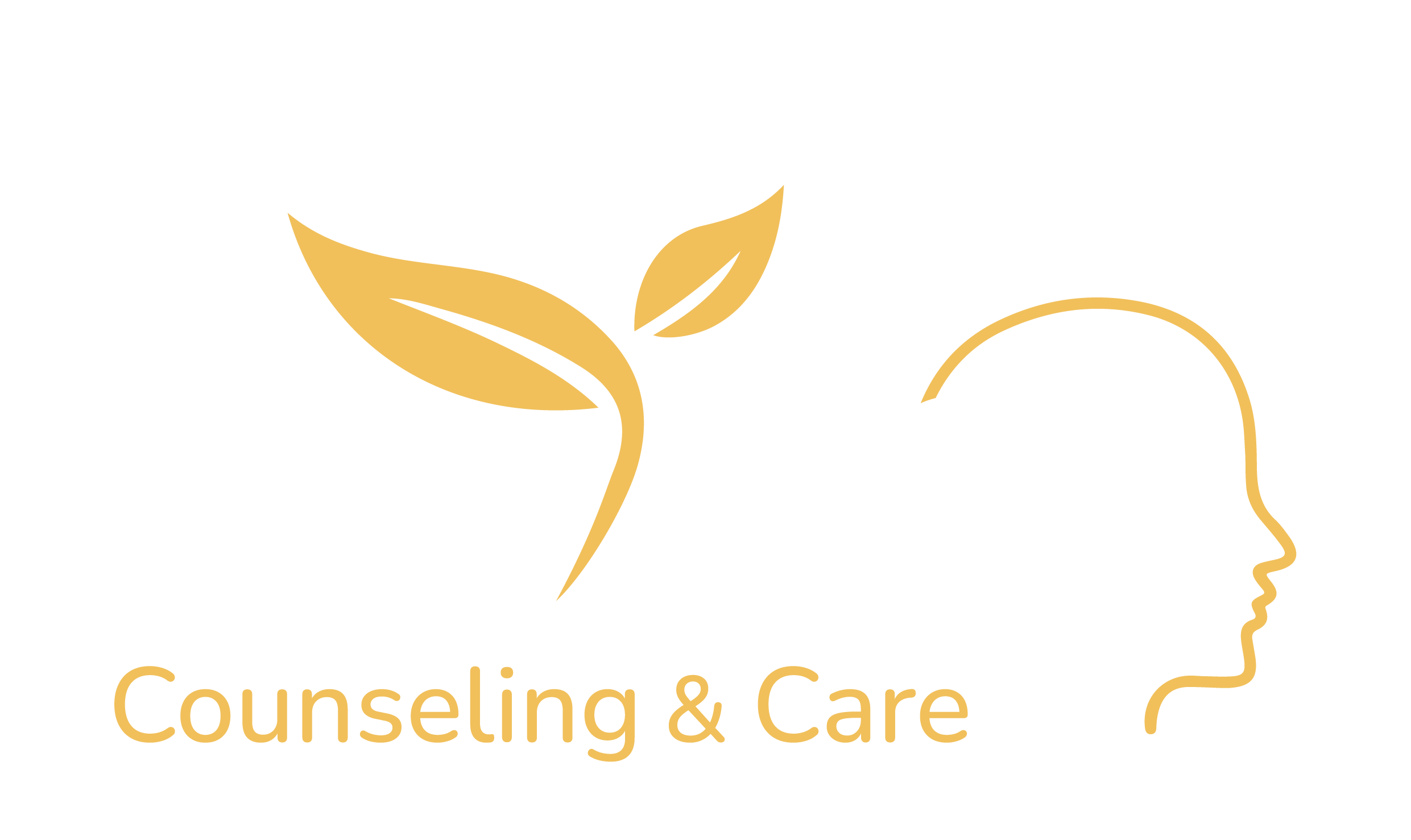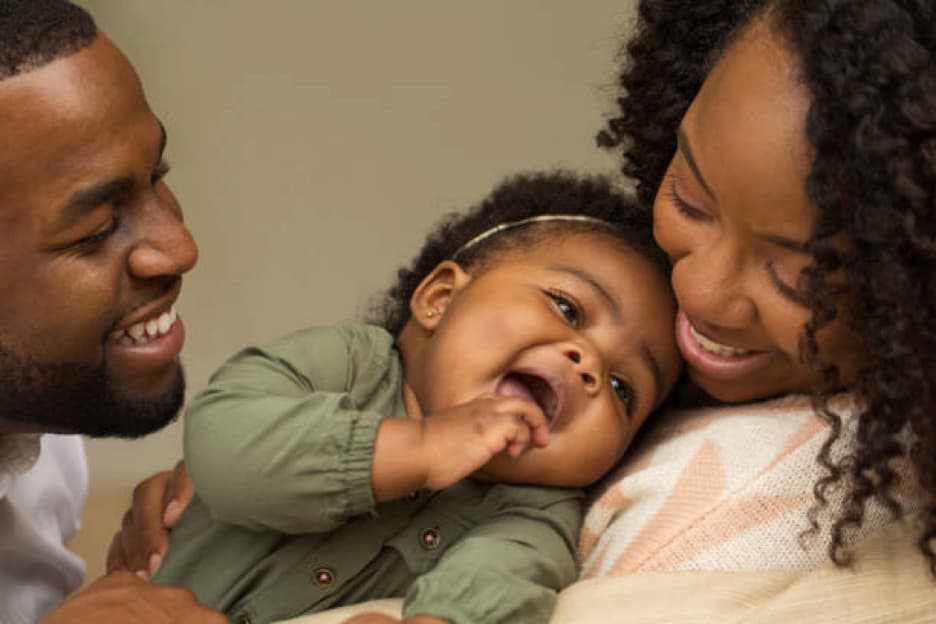A healthy relationship doesn’t just happen, it’s built intentionally. Whether you’re just starting or have been together for years, relationships thrive when both people put in consistent effort, communicate with care, and support each other’s growth.
If you’re wondering how to create and maintain a strong, fulfilling connection, here’s a guide to nurturing a healthy relationship that can stand the test of time.
Communicate Openly and Honestly
At the heart of every healthy relationship is solid communication. That doesn’t just mean talking—it means listening, expressing yourself clearly, and creating space for vulnerability.
Tips to try:
- Use “I” statements to express your feelings (“I feel…” instead of “You never…”).
- Make time for regular check-ins, even if everything feels fine.
- Practice active listening—focus on understanding, not just responding.
Build Trust
Trust is the foundation of emotional safety in a relationship. It’s built through consistency, reliability, and honesty over time. Be dependable by following through on your promises. Be open about your thoughts and feelings. Avoid secrecy, even about the small things, as it sends a message of respect and care to your partner.
Show Appreciation Often
Gratitude helps love grow. Acknowledging each other’s efforts, big and small, builds positivity and keeps resentment at bay.
Support Each Other’s Growth
A healthy relationship allows both individuals to grow, not just together, but also as individuals. Encourage your partner to pursue their passions, set goals, and evolve.You don’t have to do everything together. You can respect each other’s interests and independence while cheering each on through career changes, personal challenges, and self-discovery.
Handle Conflict with Care
Disagreements are normal, but how you handle them can make or break a relationship. Healthy couples fight fair, listen actively, and seek resolution, not victory. In times of conflict, avoid name-calling, blame, or silent treatment. Take breaks if emotions run high and revisit the conversation when you’re both calm. Most importantly, remember to focus on the issue, not the person.
Be Each Other’s Safe Space
At the end of the day, a strong relationship feels like home. A place where you can be your true self without fear of judgment. To build emotional intimacy validate each other’s feelings, be affectionate and expressive, and check in with your partner often.
By Kaitlynn Russell, Clinic Assistant at ICC







